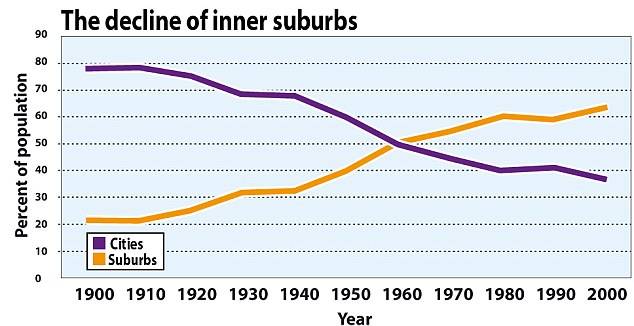Jackinthebox
Member
- Nov 30, 2014
- 814
- 40
- 18
- Thread starter
- #101
Given that my set of statistics are from 2013, I would suggest they are more relevant and more appropriate. Your argument falls apart.
Sorry.
No, it would just show how much change there has been in the min wage job market.
But like I said, it should make no difference how old or how educated a person is when it comes to a minimum wage job.






